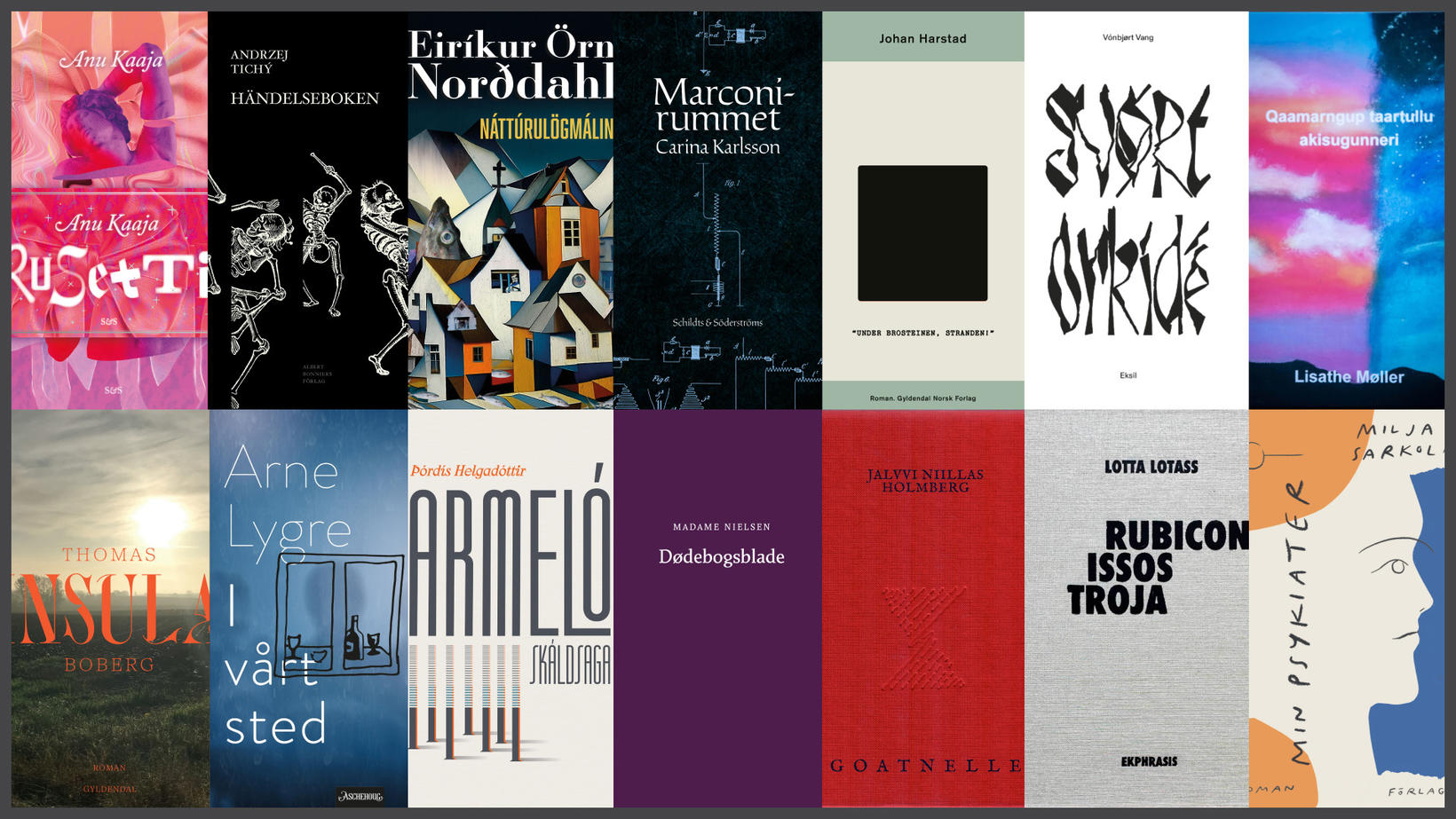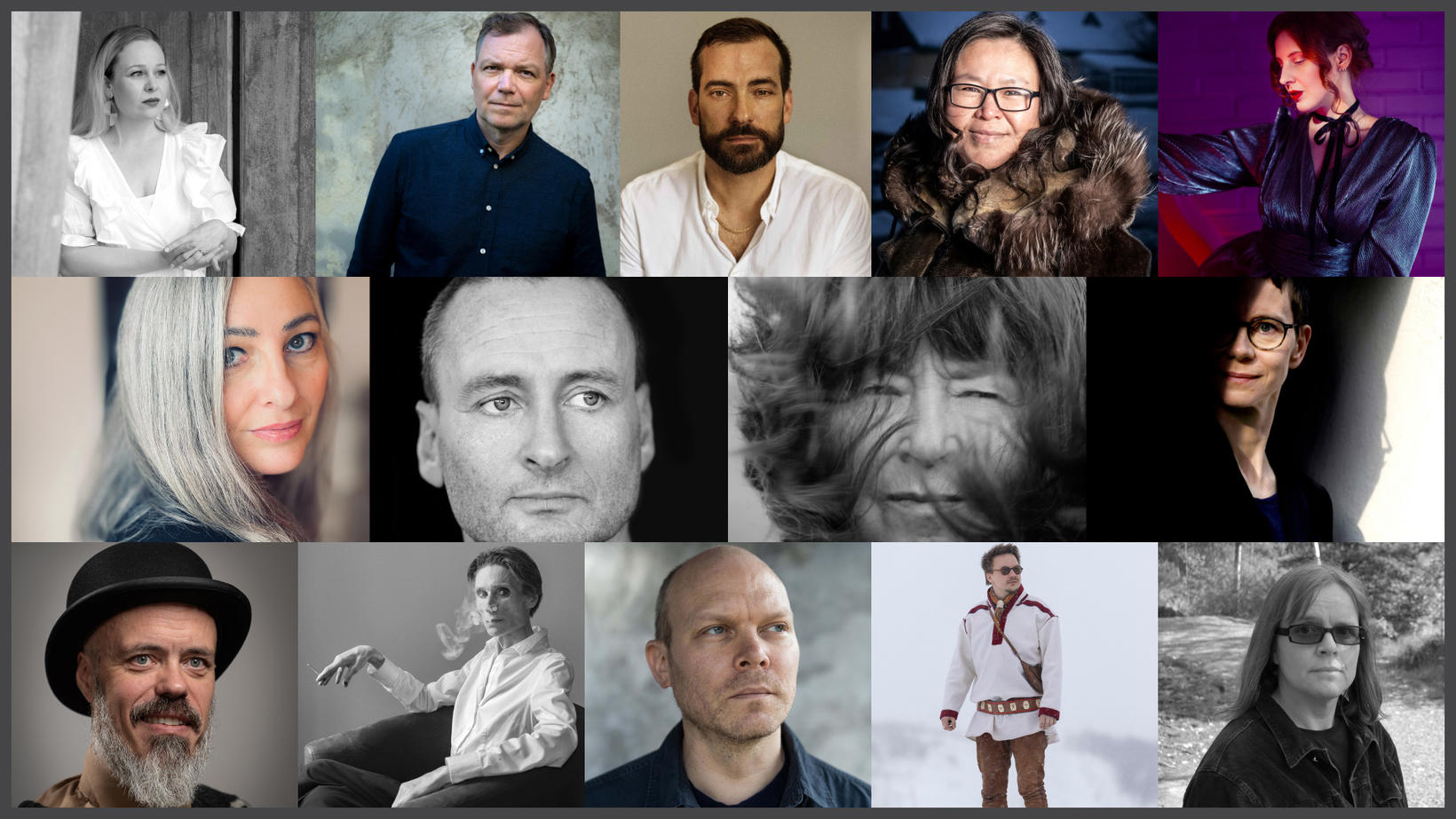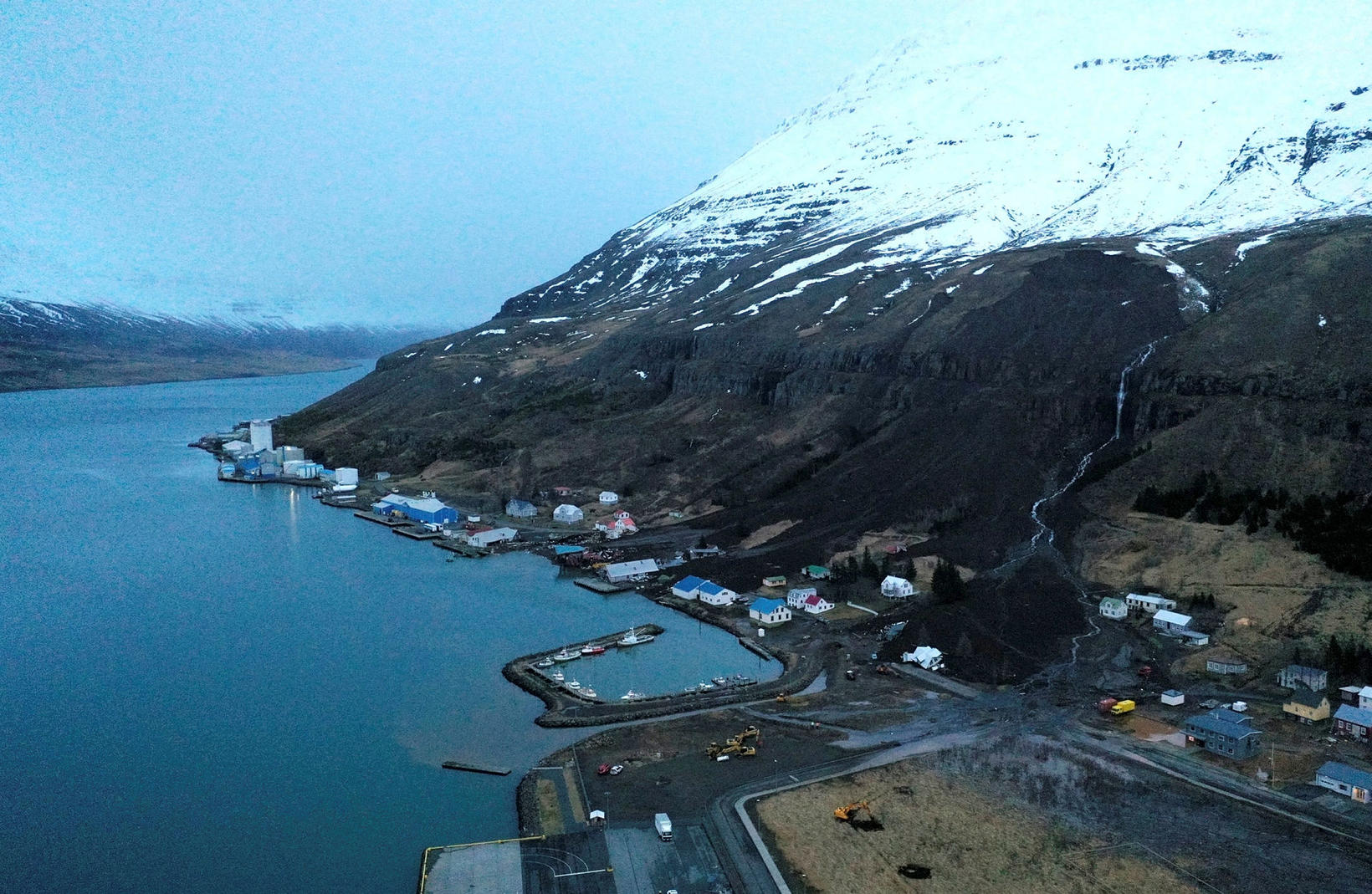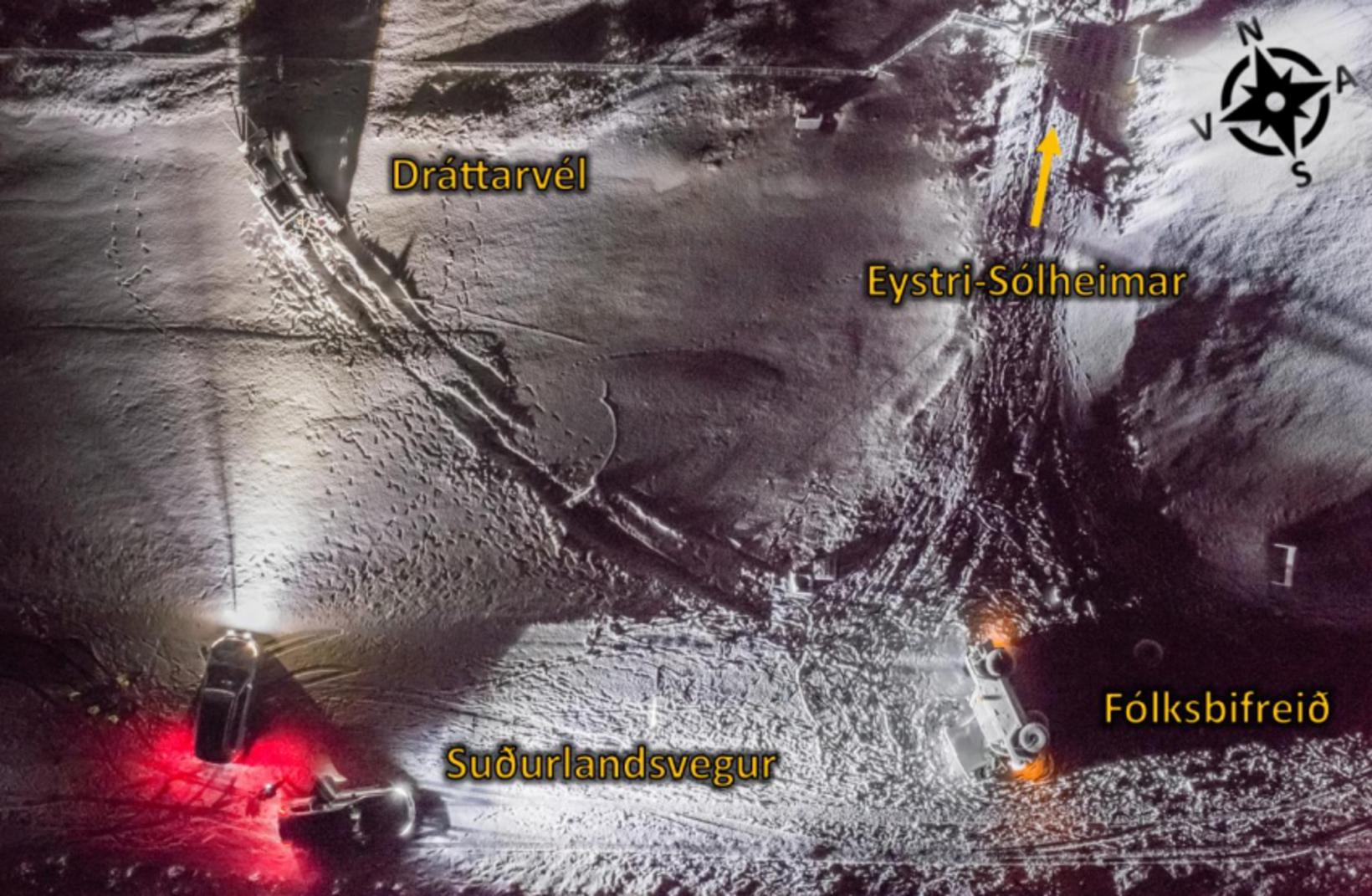Natural Laws and Armelo nominated

The novel Natural Law by Eirík Örn Norðdahl and the novel Armeló by Þórdís Helgadóttir are nominated for the Nordic Council Literature Prize 2025 on behalf of Iceland. This is stated in a notification from the Nordic Council.
This year, national jurisdictions nominate a total of 14 works for the awards, but the joint Nordic jury chooses the winners of the year. The winners of the year will be announced on October 21 and the prize itself will be presented in Stockholm on October 28 in connection with the Nordic Council 77th Session. The award winner receives the award -winning Northern Lights and DKK 300,000 or just over ISK 5.8 million.
- From the Åland Islands, the poetry book Marconirummet is designated by Carinu Karlsson.
- From Denmark are the designated journalist Dødebogsblade by Madame Nielsen and the Insula novel by Thomas Boberg.
- From Finland, the novel is the novel Rusetti by Anu Kaaja and the novel My Psykiater by Milja Sarkola. From the Faroe Islands, the poetry book Svørt orkidé is designated by Vónbjørt Vang.
- From Greenland, the novel is the novel Qaamarngup Taartullu Akisugunner by Lisathe Møller.
- From Iceland, the novel is the Natural Law by Eirík Örn Norðdahl and the novel Armelo by Þórdís Helgadóttir.
- From Norway are the nominated novel Under Brosinen, Stranden! By Johan Harstad and the play in Vårt Sted Arne Lygre.
- From the Sami language area, the novel is named Goatlle by Jalvvi Niillas Holmberg.
- From Sweden are named the poetry book Rubicon / Issos / Troja by Lotta Lotass and the novel Handelseboken by Andrzej Tichy.
Dealt with the context and argument of existence
The Icelandic jury consists of Kristján Jóhann Jónsson, Silja Björk Huldudóttir and Soffía Auður Birgisdóttir, who is an alternate.
The jury's opinion on the laws of nature that issues and culture publishes states: The scene is Ísafjörður in 1925, characters are numerous and in the course of the story there is considerable tension between locals and gods, folklore and godliness, religion in general and science, civilization and nature law. Drinking and looseness are rather a rule than the exception in both Isfjörður and the priesthood that is present.
The story begins with the hemp -clad priests flow into the town from all directions. It is planned to keep Iceland's most popular priesthood. The gods get themselves in the castle and look up their shirts when it comes to switching. The townspeople therefore know well, except when the priests quit with their wives. The leader of the priesthood is Mr. Jón Hallvarðsson, the youngest and most beautiful bishop of Iceland sooner and later. He is beautiful, gentle, drunk and sensitive. The bishop has been obliged to disprove certain legend, and strengthen Christian faith. It ends with horror. In this process, God's ice creams appear and priests, body in the mountain above the town.
Of course, when a representative of heaven has been involved in the plot, they are expecting them from the lower and his « years ». That entry is clogged as we might expect.
Because of the miracles that will be in the story, the historical area of scientists is aimed at overcoming the people's disintegration. They speak everything and debate a lot, priests and ice creams for little pleasure. The folklore does not coincide with Christian faith, the faith does not want science, the scientists do not reach contact with the Isfjörður or the priests, but the representatives of heaven and hell reach a good relationship from time to time!
The bishop gets to know the booth valve angel council and their love story reaches a flight, despite the very different social status. The loyalty and the looseness are dealt with, the division of the class will be of no defense when the intimacy of love, or the grace, demands their rights. Oppositions pop everywhere.
After the visit of God, after the visit of the village, a spiritual leader of a small congregation who carries her in wheelbarrows and seeks her. Reverend Jonas manpart, the dwarf parish priest of Isafjordur, sparks (despite his small size) over the priesthood. The laws of nature finally praise victory. «
An unusual journey
In the opinion of the jury on Armelo, which issues and culture publishes, it states: The work disappears about a woman who knows little worse than traveling. At the beginning of the book, Elfur is nevertheless based in a small town in mainland Europe in the middle of a heat wave this summer with Birgi, her husband.
When Birgir suddenly disappears along with all the luggage of the couple and the car they traveled into, good advice is expensive. Until now, Elf's lack of enterprise has characterized Elfar's life, but these strange circumstances have forcibly force her to act and until she keeps foot straight out of her eyes into the woods in a kind of pilgrimage without knowing where it will eventually end. We take a multifaceted movement on the boundaries of fantasy and realism, where the author uses mysticism, the Galem and Double memory in a creative and fresh way, among other things, to focus on the challenges we face in the contemporary.
In history comes the innovation company Nanoret, which aims to eliminate all the world's eye diseases and utilizes the slogan « Seeing Clearly » or a clear vision. But what does it mean to see clearly and how to relate to the stolen eye membranes of the company's executives? What do we do when the truth is hidden under the surface and possibly out of sight? How do we take it when the truth deceives and the deception works more real than reality? And how do we approach the truth in a world where overwhelming information is so easily misleading us? When do we really know another person, now or ourselves? Expecting and metaphysical questions such as these are prominent in Armelo and are strongly mixed with speculation about personality, self -awareness and image creation. In the novel, the author also fascinates the fascinating way with haunting questions about sympathy and fraud.
Þórdís offers readers in a furious dance and whips them into countless circles where she challenges the perception with unexpected wrongs, different angles of different storytellers, a wonderful timeframe and a multifaceted personal gallery. In combination with good humor, poetic style, supernatural braid and strong imagery, Þórdís creates a particularly captivating roller coaster ride for curious and brave readers. «
Requirements for artistic value
The Nordic Council Literature Prize has been awarded since 1962 for professional literary works that are written in one of the Nordic languages. It can be a novel, play, poetry book, short story or essay, which meets strict requirements for literary and artistic value.
The aim of the awards is to increase interest in the Nordic cultural collective and to provide recognition for outstanding work in the field of art.
It is worth noting that all the designated books of the year will be available in the original languages of the Nordic House Library when it will be reopened in June after maintenance of the premises. There you can also access all winning books from the beginning.
All further information can be found on the web: norden.org/is/bokmennis pay.







:format(jpeg):fill(f8f8f8,true)/s3/static.nrc.nl/wp-content/uploads/2019/10/youp5bij3.png)

